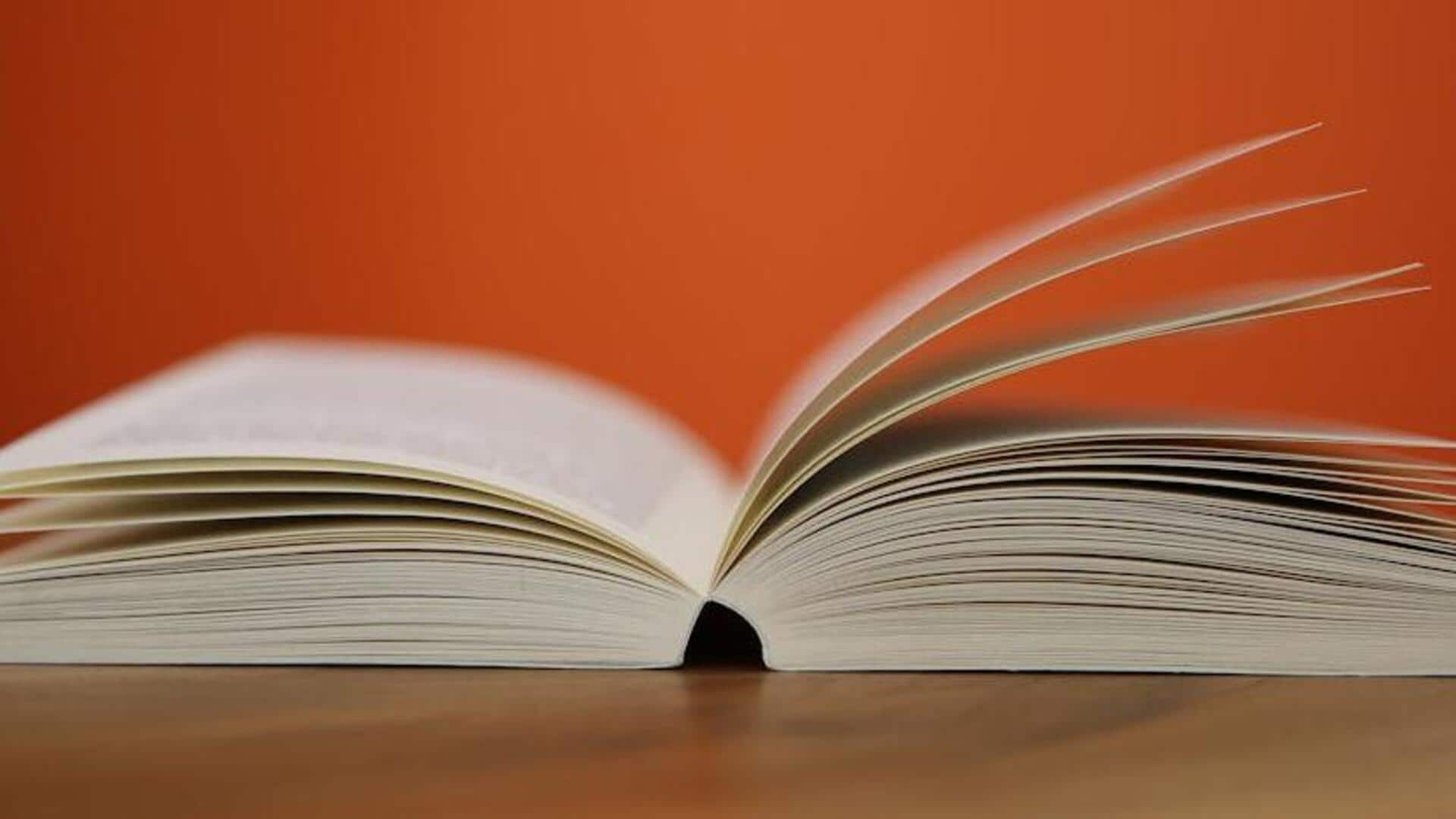
Melodies and memoirs: Musicians' literary favorites that you should read
What's the story
Exploring the literary preferences of musicians offers a unique window into their inspirations and influences. This article delves into books cherished by famous musicians, revealing how these works have shaped their creative processes. From memoirs that resonate with their journeys to novels that have sparked new ideas for songs, these recommendations provide a harmonious blend of music and literature.
Book 1
'On the Road'
On the Road by Jack Kerouac has been a significant influence on Bob Dylan, known for his poetic lyrics. This seminal Beat Generation work captures a spirit of freedom and a quest for meaning through its characters' cross-country travels. Dylan's acknowledgment of Kerouac as an influence highlights this novel as crucial for those exploring the literary roots of his songs.
Book 2
'Petersburg'
Petersburg by Andrei Bely, recommended by Patti Smith, the punk poet laureate, is set in pre-revolutionary Russia. This novel's complex narrative intertwines themes of identity, revolution, and art. Smith admires Bely's lyrical prose and innovative narrative techniques, which mirror her own method of fusing poetry with rock music. Her recommendation highlights the book's influence on her artistic expression.
Book 3
'Henderson the Rain King'
Henderson the Rain King by Saul Bellow was cited by Joni Mitchell as a significant influence on her album "Song to a Seagull." The novel follows Eugene Henderson on his existential journey in Africa, seeking meaning beyond material wealth. Mitchell's connection to Henderson's quest for authenticity mirrors her own exploration of personal and artistic identity in her music.
Book 4
'The Clockwork Orange'
The Clockwork Orange by Anthony Burgess is among the books recommended by David Bowie. Known for its inventive language and dystopian themes, this novel explores issues of free will and morality within a society marred by violence. Bowie's interest in avant-garde art and societal critique aligns with Burgess's provocative narrative, showcasing how literature can inform an artist's vision.